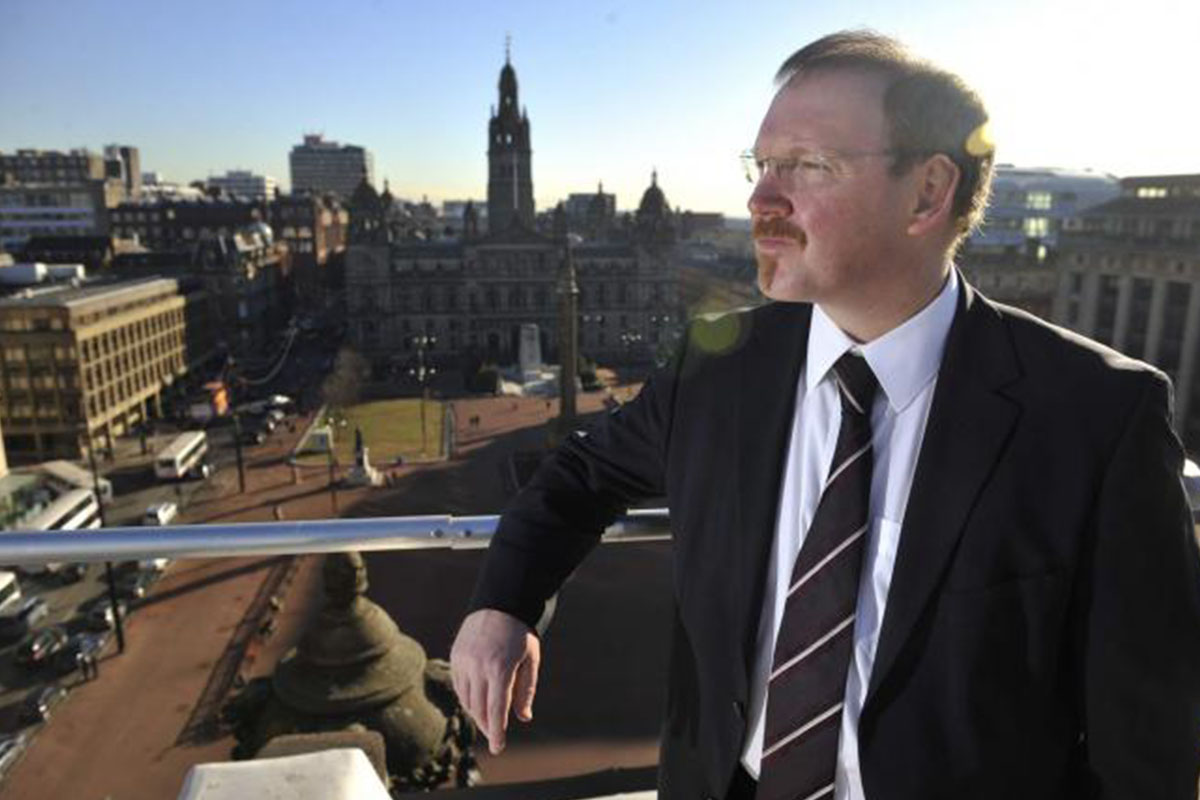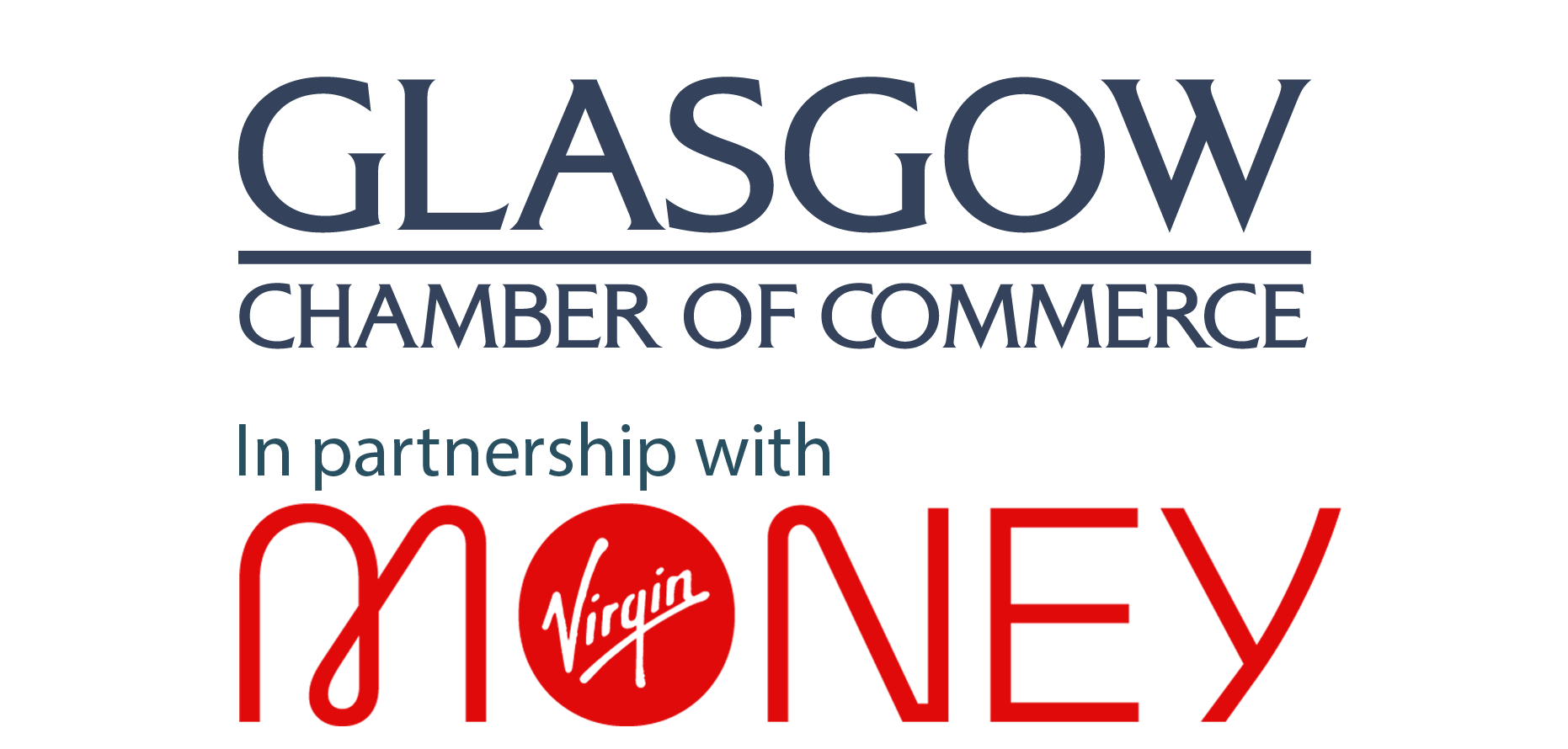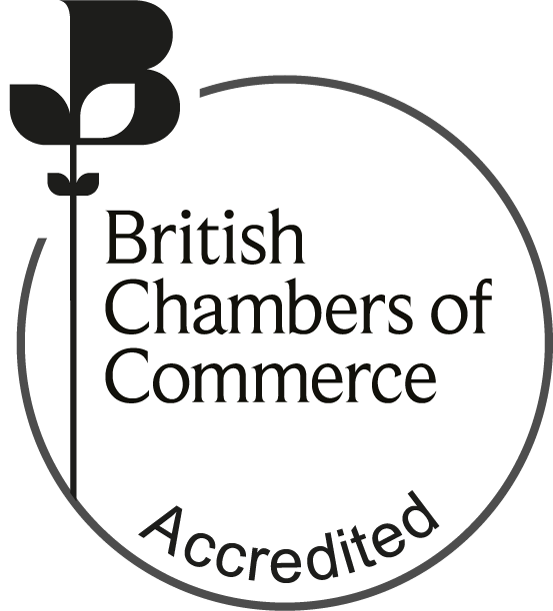Scotland has much to be optimistic on renewables
18 May 2022
Promoting international trade is why Glasgow Chamber of Commerce started life back in 1783 and, after two and half years of virtual trade missions, it was a genuine relief last week to take nine Scottish businesses to Oslo at the invitation of the British Norwegian Chamber of Commerce (BNCC).
The trip concentrated on business opportunities in growing renewable energy and followed our invitation to the BNCC team to join us in Glasgow during COP26 in November. Business travel may be recovering more slowly than leisure but I can vouch for the view that forging relationships and understanding the overseas trading context is so much easier if you make the journey. While I am glad that we persevered with our trade mission work online, nothing technological can truly match the impact of the informal meetings and events that go alongside the more structured programme on a face-to-face mission.
Some of Norway’s biggest companies, including engineering company Aker Solutions and technology group Kongsberg, made themselves available to the Scottish delegation, the majority of whom represented small or medium sized companies. Satellite communications and Internet of Things business R3-IoT and offshore specialist engineering consultancy Caley, now part of the Dundee based Pryme group, were among those on the mission.
As an added bonus, we had time to hear pitches from some of Norway’s newest small technology companies and Just Transition Minister Richard Lochhead MSP, who happened to be in Norway on other government business and took the time to travel to Oslo to support the mission.
Winning new business for our local companies is the purpose of any trade mission but there were several additional lessons I took away from three days in the Norwegian capital.
Thoughtfully created government policy can dramatically change consumer behaviour as we tackle climate change. Norway has made extraordinary progress in the uptake of electric vehicles. In the last year, eight out of every ten new cars bought in Norway was electric. That compares with one in ten in the UK. That success follows a combination of investment in the country’s charging infrastructure – and it’s worth remembering that, while Norway and Scotland both have populations just over 5 million, Norway is geographically five times bigger than Scotland – and national policy that has helped bring the costs of buying an electric car into line with those powered by fossil fuels.
Scotland does though have plenty of reason to be optimistic about its role in renewables. The recent Scotwind offshore wind leasing process has attracted attention in Norway, not least since the Norwegians are forecasting a national electricity deficit in the next decade. The UK and Norway are already very close trading partners – indeed the UK is Norway’s top market – so the transition away from fossil fuels and into renewables is a journey Scotland and Norway can make together.
Secondly starting late in the nurturing of technology companies is no barrier to success. Only three years ago Norway was still searching for its first unicorn company. Today it can claim six including industrial software start-up Cognite and educational technology firm Kahoot! We spent a day in Oslo’s Epicenter – one of a group of three such entrepreneurially owned centres in Scandinavia - bringing young companies like Imerso, an IT company offering laser survey services to the property development industry, together with giants like Cisco, Fujitsu and Microsoft. Perhaps the recent purchase of the Metropolitan Tower building in Glasgow by Bruntswood SciTech could be the next step in achieving similar success here at home.
Selfishly as a Chamber of Commerce one final lesson is the growing credibility of the British Chambers global network. The British Norwegian Chamber of Commerce designed and delivered the mission programme and demonstrated its reach into the Norwegian business community. The British Chambers of Commerce now has over seventy overseas organisations like BNCC approved as affiliate members of the global network. We can’t promise to visit every one but it won’t be for want of trying.
This article was first published in The Herald on Wednesday 18 May 2022


